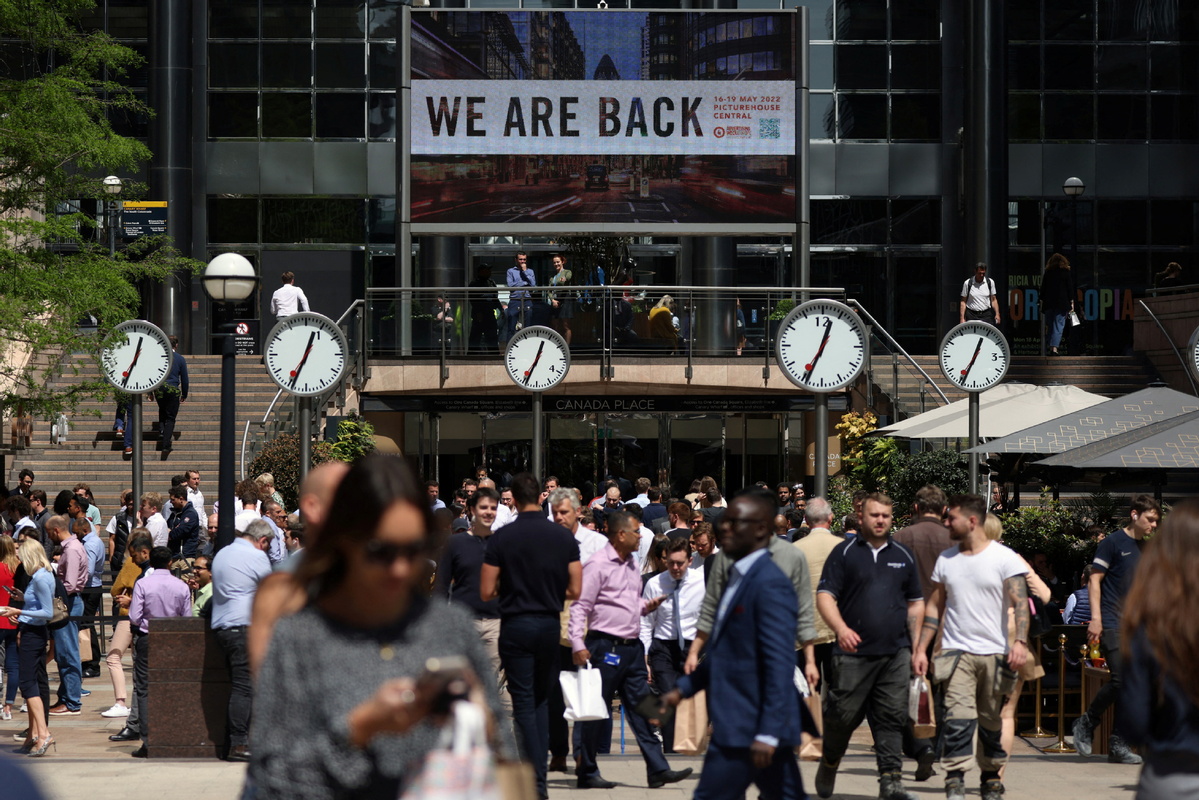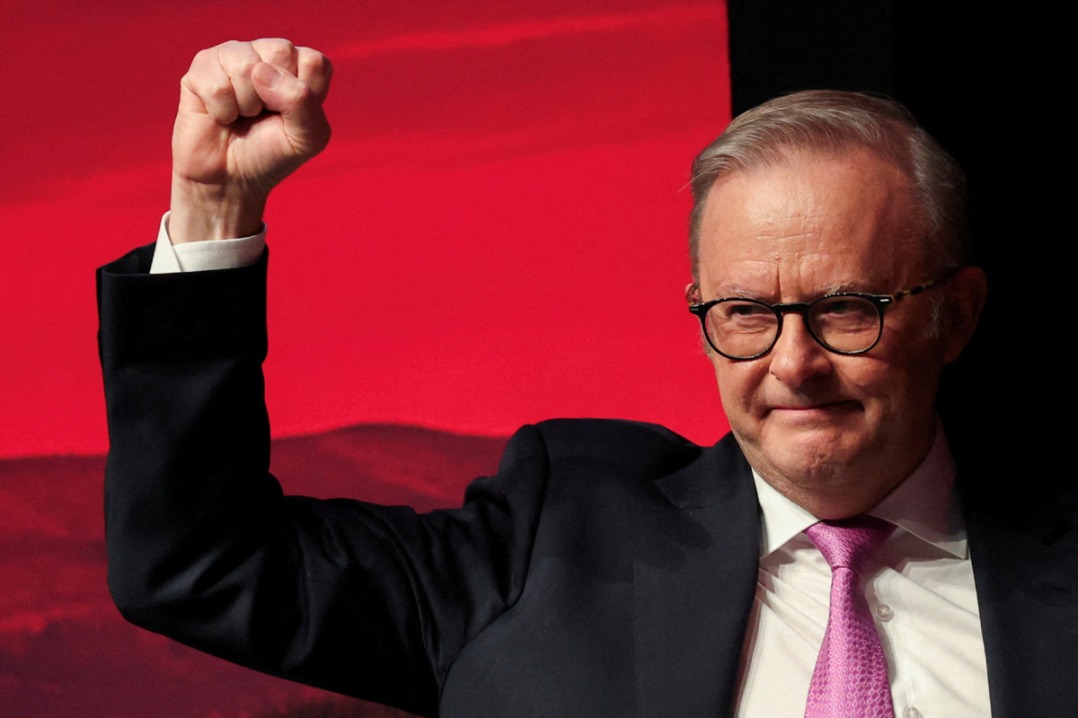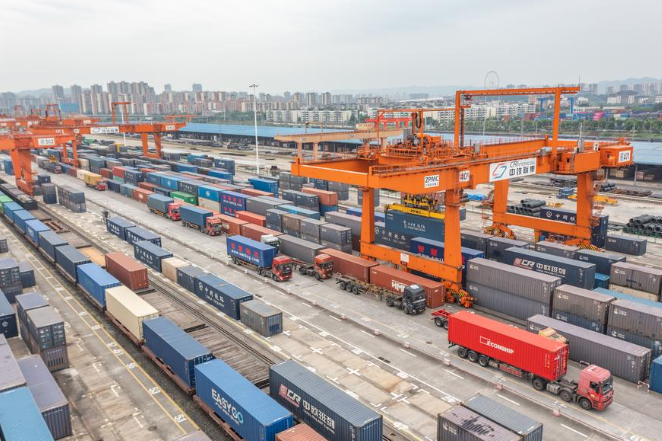Inflation hits 40-year high, poor hit hardest


Idea of new windfall tax to ease the pain fails to gain the support of British govt
Consumer protection organization Citizens Advice has said that "the warning lights could not be flashing brighter" for the government to step in and take action to help financially struggling households, after new figures revealed inflation in the United Kingdom has hit a 40-year high.
In the 12 months up to April, prices rose by 9 percent, up from 7 percent a month earlier, with rocketing fuel bills being identified as one of the main factors, in addition to food prices going up.
Data from the independent Institute for Fiscal Studies says that, for the poorest households, the disproportionate amount of their income that is spent on fuel bills means that for them, inflation rates work out as 10.9 percent, and with state benefits having only risen by 3.1 percent in April, they are being hit hardest.
"There are desperate stories behind these figures," said Citizens Advice Chief Executive Clare Moriarty. "People washing in their kitchen sinks because they can't afford a hot shower; parents skipping meals to feed their kids; disabled people who can't afford to use vital equipment because of soaring energy bills."
On Monday night, a motion put forward in the House of Commons by the opposition Labour Party to put a windfall tax on oil and gas producing companies was defeated by 310 votes to 248, with no Conservative Party members of Parliament voting in support of it.
When questioned about this in Parliament, Prime Minister Boris Johnson said he would "look at all measures in future" in response to Labour's demands for the tax.
"I'm going to look at all measures in future, of course we will, but the only reason we can do that is because of the decisions this government has taken," he added, while also praising Chancellor of the Exchequer Rishi Sunak's work to build what Johnson called "a strong economic foundation".
Foreign Secretary Liz Truss also defended the decision to resist calls for a windfall tax, saying "the problem with a windfall tax is it makes it difficult to attract future investment to the country, there's a cost to imposing a tax like that. My view is that lower taxes are the best way to attract investment ... that can create high-paid jobs, which is what we need."
In a Sky News interview last October, when questioned about the prospect of rising inflation, Johnson said: "People have been worrying about inflation for a long time ... by the way those fears have been unfounded."
Rebecca McDonald, a senior economist at independent poverty think tank the Joseph Rowntree Foundation, said benefit cuts and Sunak's lack of action over the issue were only making the situation worse.
"The human cost of benefits lagging so far behind inflation is severe," she added. "Parents skipping meals so their children can eat, families using a single lightbulb to limit electricity use …allowing this to happen is a choice, and the government can and must choose differently."

































